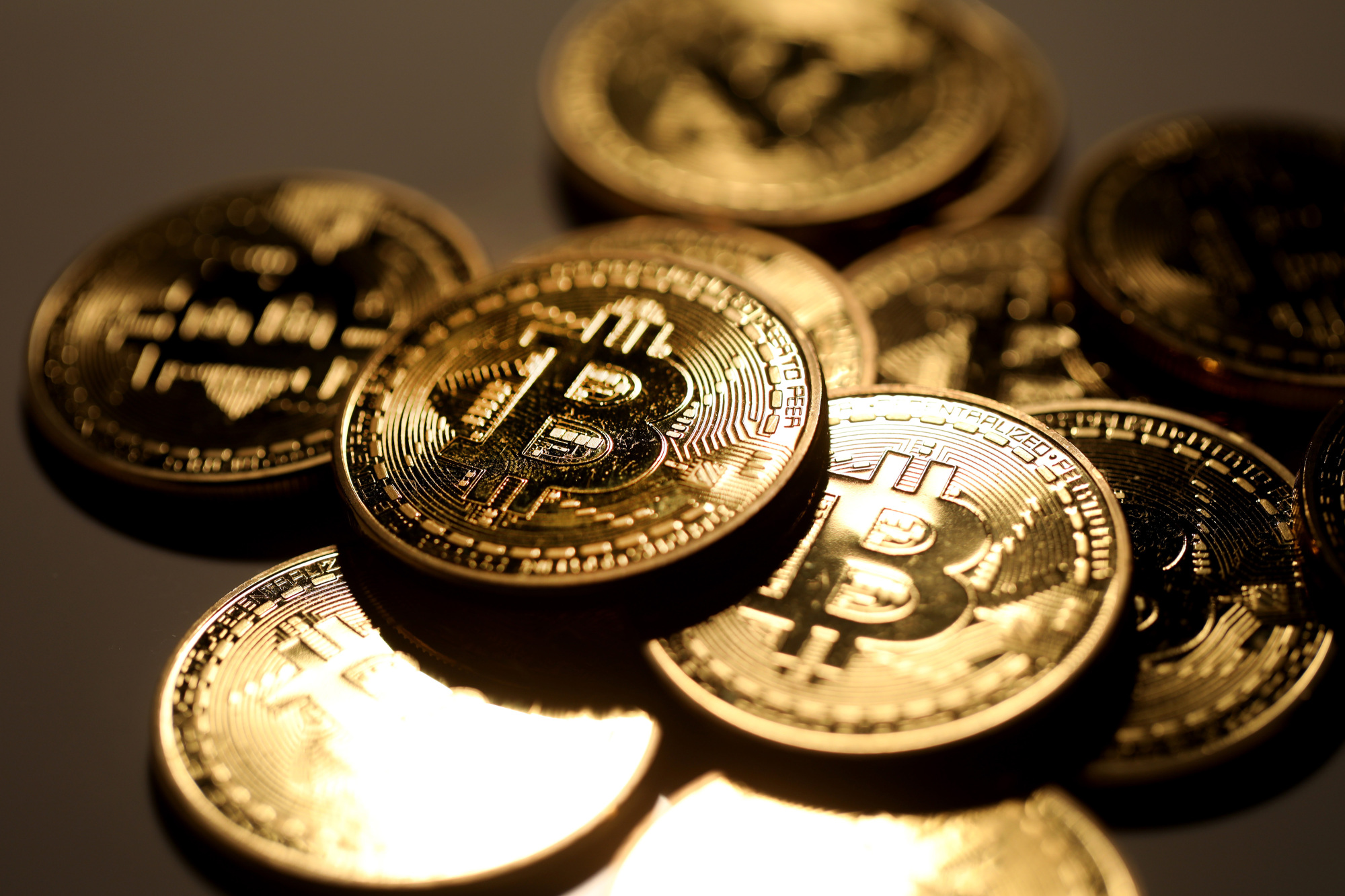Mt. Gox Returns 36% of Bitcoin to Creditors

The exchange, which once dominated the Bitcoin market by handling 70% of all transactions, experienced a series of hacks resulting in the loss of 850,000 BTC, now valued at over $51.9 billion. Following these events, Mt. Gox entered bankruptcy proceedings, later transitioning to civil rehabilitation in 2018.
As of July 2024, the bankrupt exchange holds 90,344 BTC, valued at $5.8 billion, in its wallet. Recently, Mt. Gox made significant strides by transferring 141,686 BTC to a new wallet in preparation for creditor repayments. The transfer, part of a carefully planned rehabilitation process, has been long anticipated by creditors. Initially set for October 2023, the repayment timeline faced multiple delays but finally began in early July 2024.
The repayment includes both Bitcoin (BTC) and Bitcoin Cash (BCH). The distributed BTC has caused market fluctuations, with Bitcoin prices dropping from over $62,300 to approximately $60,500 following the announcement. The market remains volatile, with Bitcoin trading around $60,300, a 6% decline over 24 hours. Analysts predict the impending distribution of 140,000 BTC might increase selling pressure, though not all distributed coins may enter the market immediately due to potential tax implications and creditor preferences.
Despite these concerns, some market experts believe the impact might be less severe than anticipated. Alex Thorn from Galaxy Digital expects fewer coins to be distributed than initially projected, estimating around 95,000 BTC. This conservative release might mitigate the potential negative market effects. Conversely, Andrew Kang of Mechanism Capital foresees substantial market pressure due to the large-scale distribution, highlighting the necessity for bullish momentum to counteract potential downturns.
Founded in 2010 by Jed McCaleb and later sold to Mark Karpelès in 2011, Mt. Gox's downfall serves as a cautionary tale in the cryptocurrency industry. In early 2014, the exchange suspended all BTC withdrawals, revealing a significant security breach that led to its bankruptcy. The rehabilitation process has been fraught with legal and procedural hurdles, including Karpelès's 2019 conviction for falsifying financial records.
The ongoing repayment process involves strict conditions, such as confirming account validity and securing creditor acceptance through designated crypto exchanges. Ensuring the safety and security of these transactions remains a priority, with the Mt. Gox Rehabilitation Trustee coordinating closely with involved exchanges.
While the Mt. Gox repayments significantly influence the current Bitcoin market, they are part of broader market dynamics, including regulatory changes and technological advancements. The cryptocurrency landscape continues to evolve, reflecting ongoing discussions about the future and regulation of digital assets.

Join the conversation